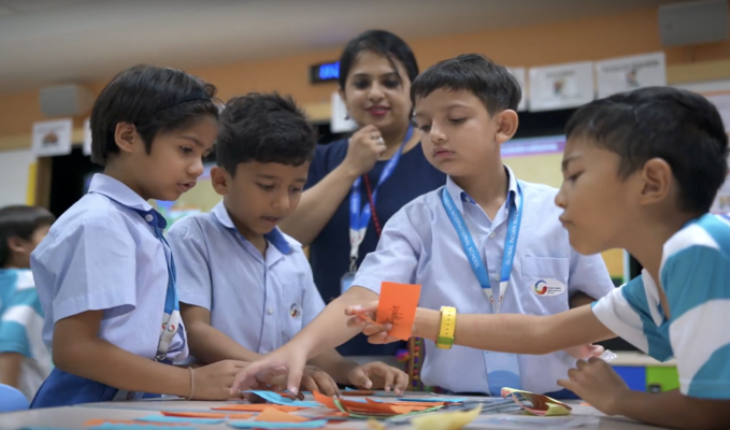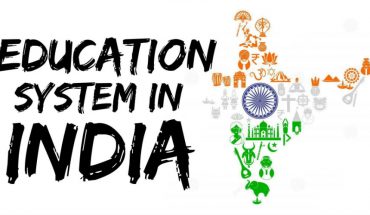IB features four programs for K-12 students IB PYP is for children ages 3-12. Programs offered include those for the middle school years, diplomas, and those relevant to potential careers.
The IB Primary Years Program (PYP) and the other three courses are responsible for developing the following skills.
- Inquirers
- Expert
- Thinkers
- Communicators
- Open-minded
- Risk takers
- Balanced
- Thoughtful
Independence and responsibility are encouraged throughout the IB PYP Programme. The IB Primary Years Program encourages learning as well as autonomy and responsibility. IB students are curious about a wide variety of topics, skills and interests. Inquiry-driven learning encourages both discovery and cooperation. Students in a Montessori school make their own educational decisions. The IB Primary Years Program emphasizes “international-mindedness”. Intercultural communication, between languages and between ethnic groups are topics that are dealt with in the classroom.
- The IB PYP Programme encourages knowledge and critical thinking.
- Knowledge can be improved by methodical investigation.
- Schoolwork and daily living skills are also covered.
- International-mindedness, sense of well-being and the characteristics that define an IB student are influenced by attitudes.
- Children look forward to the “rigorous” lessons that are part of the PYP. The exams are not part of the IB PYP.
- 7-year-old IB Primary Years Program (PYP) children, regardless of school, begin instruction in a foreign language. There is the possibility that some IB primary schools offer instruction in the students’ second language.
- The IB Primary Years Program ends with an event called “PYP Exhibition”. Student competencies are assessed using this software.
The inquiry-based and transdisciplinary teaching approaches used in the IB PYP Programme can be considered “rigorous”.
The IB Primary Years Program is no more demanding than a typical curriculum for primary schools; however, the program’s emphasis on inquiry, independent learning, and global awareness may present challenges for some children.






